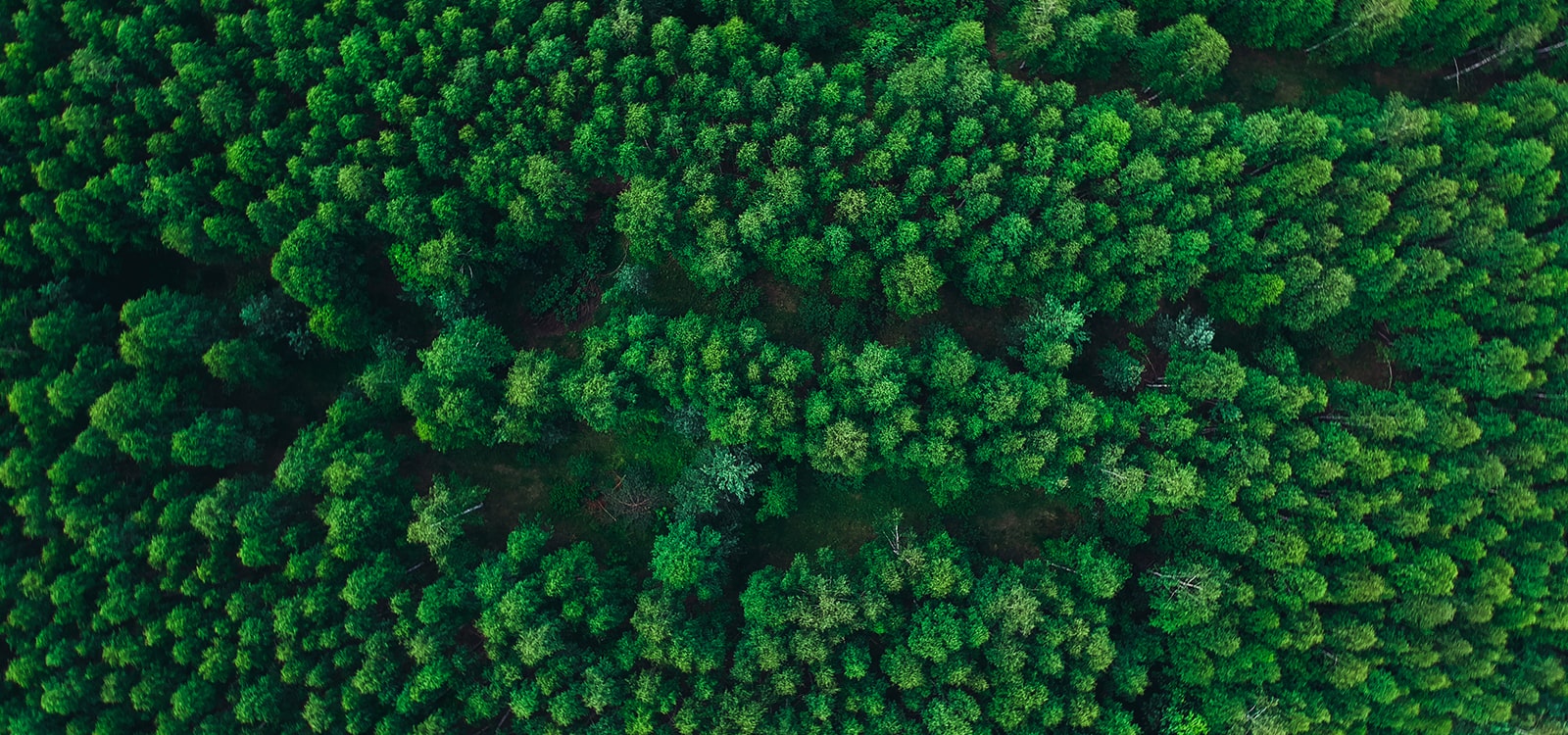Climate change is one of the most pressing issues facing our planet today. It is a global problem that requires collective action from individuals, businesses, and governments. While it’s easy to feel overwhelmed, we must remember each one of us can make a difference.
Sustainability is key to the future of our planet. Each small change we make can have a big impact in the long run. Collectively, we can reduce our carbon footprint and ensure that future generations enjoy a better quality of life. After all, there is no Planet B.
If you’re unsure where to start, let’s look at some simple steps you can take to help reduce your carbon footprint.
8 Simple Steps to Reduce Your Carbon Footprint
The effects of climate change can be devastating, but reducing your carbon footprint is an achievable goal! Here are 8 simple steps that you can take today to reduce your carbon footprint and contribute towards a greener and more sustainable future:
1. Shop Locally
Supporting local businesses helps to reduce the amount of energy used for transportation and packaging. Plus, it can help support your local economy! It also helps to shop less, reducing the number of resources and energy used to produce items.
2. Reduce, Reuse, Recycle
The three Rs are vital in reducing your carbon footprint. Reducing the amount of waste you create is a great way to start – try swapping single-use plastics for sustainable alternatives such as reusable bags or containers.
Reusing items like clothes, furniture and appliances is also a great way to reduce waste. And when it comes to recycling, don’t forget about proper disposal. Make sure that recyclable materials are being disposed of correctly in designated areas.
3. Grow Your Own Produce
Growing your own food is not only incredibly rewarding, but it also reduces the amount of energy used to transport produce from farms to grocery stores. There’s also no need for plastic packaging as you are simply harvesting from your garden.
4. Invest in Eco-friendly Products
Investing in eco-friendly products such as LED light bulbs, solar panels, or eco-friendly packaging can help reduce your carbon footprint and ensure you use resources responsibly. These products have been specifically designed to reduce consumption while still providing consumers with quality products.
5. Consider Cutting Down on Meat
Eating a more plant-based diet can help reduce the amount of energy used to produce meat. Switching up your meals to include more vegetarian and vegan dishes is an easy way to cut down on your carbon footprint.
Research how dairy and meat production affects the environment and consider making slight changes to your diet. Just one meat/dairy-free day per week can make a difference.
6. Spread the Word
Many people don’t understand the full extent of climate change and how we can help address it. Talking to others about sustainability can make a difference. Educating people on sustainable practices and how they can reduce their carbon footprint is a great way to contribute to a collective effort.
7. Conserve Energy
Conserving energy in the home is an easy way to reduce your carbon footprint. Turn off lights and appliances when not in use, shut doors to conserve heat, and insulate your home – these simple steps can have a big impact.
8. Use Public Transport
The less you have to get in your car, the better! Whenever possible, opt for public transport or car sharing. It’s a great way to reduce emissions and can make commuting more efficient. These alternative transport methods may also be more cost-effective in the long run.
Conclusion
Making sustainable lifestyle changes can seem daunting, but it doesn’t have to be. Small steps such as shopping locally, reducing waste and switching to eco-friendly products are all great ways to reduce your carbon footprint. Don’t forget that even tiny changes can make a difference – there’s no time to start thinking about sustainability like the present!
